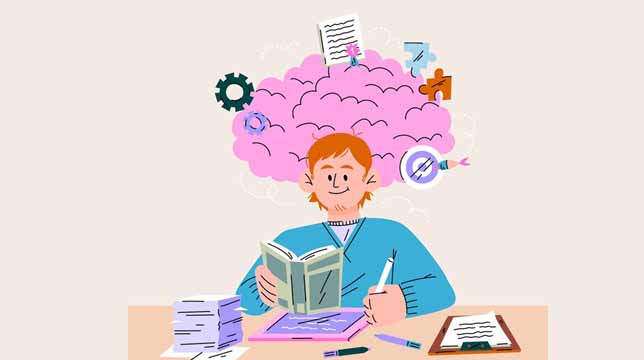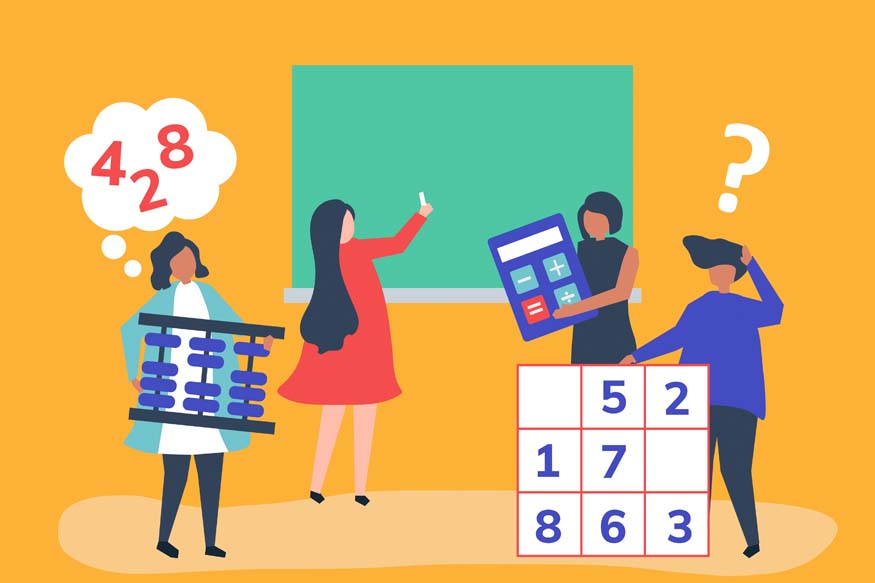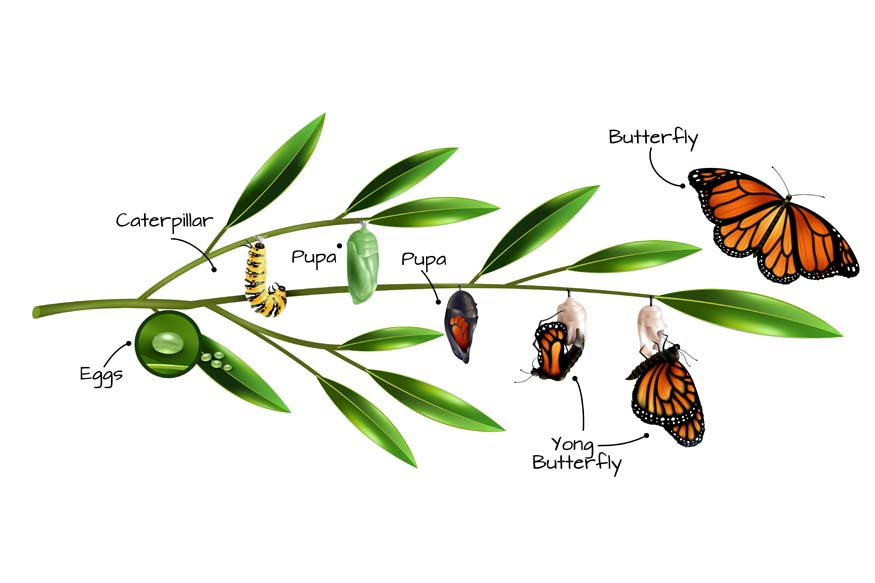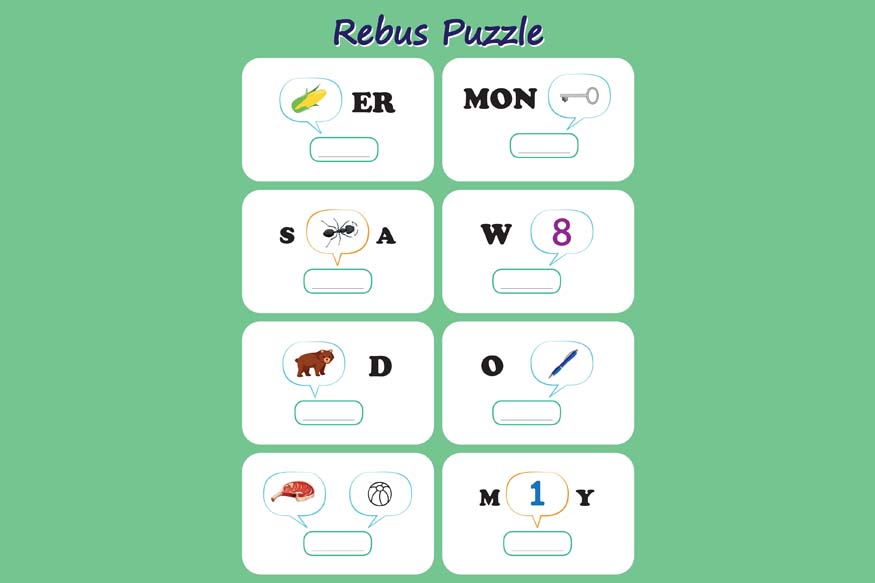Memory is an important skill that significantly affects a child’s success in school and life. Improving your child’s memory can result in better grades, stronger problem-solving skills, and a greater ability to learn new things. Memory involves not just remembering facts, but also understanding and recalling information well. As parents, you can use different methods to help your child build a strong memory.
Creating a lively learning space and using fun memory games can make learning both enjoyable and effective. Encouraging hands-on learning, using pictures and charts, and keeping regular routines are some ways to boost your child’s memory. We will also look at how a healthy lifestyle, including good nutrition and enough sleep, supports brain function. By following these suggestions, you can help your child develop a strong memory that will benefit them in school and life.
Memory can be divided into two main types:
- Short-term memory
- Long-term memory
Short-term memory allows students to take in and remember new information, helping them with their current tasks.

This information then moves to long-term memory, where it aids in gaining a deeper understanding of subjects. Students who find memory challenging often have difficulty organising information and grasping topics well. This can result in them falling behind in school, leading to ongoing difficulties. There are various memory techniques for children that can enhance both their short-term and long-term memory.
Tips for enhancing your child’s memory
- Promote questions
- Create songs and rhymes
- Make learning exciting
- Promote active learning
- Use visual tools
- Let your child create examples
- Make mind maps
- Make a list of keywords for a topic
- Ask your child to teach you
- Engage all senses
- Break information into smaller parts
- Set a regular sleep schedules
- Support curiosity and discovery
Getting to know a topic is key to remembering it. When you encourage your child to ask questions, it helps them understand the subject better. This practice also builds their critical thinking and problem-solving abilities.
Help your child turn what they are learning into a rhyme, poem, or song. Our brains naturally remember music and patterns, so using these can boost your child’s memory and recall skills.
Spark your child’s love for learning by visiting the library to find books or videos on various topics. You can also explore a museum or art gallery together. If your child is excited about what they are learning, they will find it easier to remember later.
Make learning fun for your child by talking about various topics and asking for their opinions. This helps them remember information longer and boosts their critical thinking and memory skills.
Encourage your child to use visual tools to remember what they have read or heard. You can make flashcards with words or pictures for matching games or to practice definitions.
When your child connects their examples to their personal experiences, it helps them understand the concepts better. Making connections in a meaningful way aids in remembering the information.
Draw a mind map showing different ideas and their connections. Linking words and topics helps kids engage with the content and understand it better, which is key for memory.
Create a list of important words related to a topic. Use this list to connect each word with ideas. The clearer the connections, the easier it will be for your child to recall them.
Encourage your child to share what they are learning with you or a sibling. Turn it into a fun challenge to see how much they can remember. Afterwards, go over any parts they found tricky.
Incorporate different senses into learning by using sight, touch, and sound. Read aloud, talk together, and use objects to illustrate points. This approach helps your child connect with the material in various ways, making it more relatable.
Smaller pieces of information are simpler to remember than trying to learn everything at once. Begin with the basics and gradually expand your understanding. Use headings, lists, and colours to organize the information, making it easier for your child to remember later.
Good sleep is important for memory and thinking skills. Help your child get enough quality sleep by setting regular sleep schedules and having a soothing bedtime routine.
Encourage your child’s natural curiosity and passion for learning by promoting exploration. Offer hands-on learning chances, invite them to ask questions, and support their sense of wonder to boost memory and learning.

Improving your child’s memory is a complex task that includes fun activities, healthy habits, and a supportive learning space. Using techniques like active learning, visual tools, and memory games can make this process enjoyable and effective. Asking questions and having discussions can spark curiosity and help your child understand and remember information better.
It is also important to create regular routines and maintain a balanced lifestyle with good nutrition and enough sleep for the best brain function. Keep in mind that every child is different, so you may need to try different methods to see what works best. Being patient and persistent is essential as you help them improve their memory.
At Centre Point School, we recognise how vital it is to build a strong memory base in children. Our programs include various activities and techniques to enhance memory, ensuring that every child gets the support they need to succeed both academically and personally. By choosing a school that focuses on cognitive growth, you can strengthen the memory-boosting methods mentioned here. Together, we can help your child develop a strong memory that will benefit them throughout their education and beyond.





